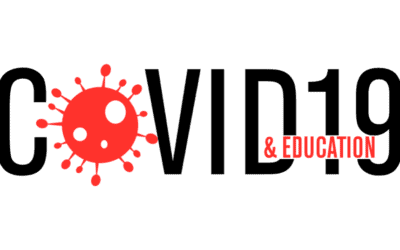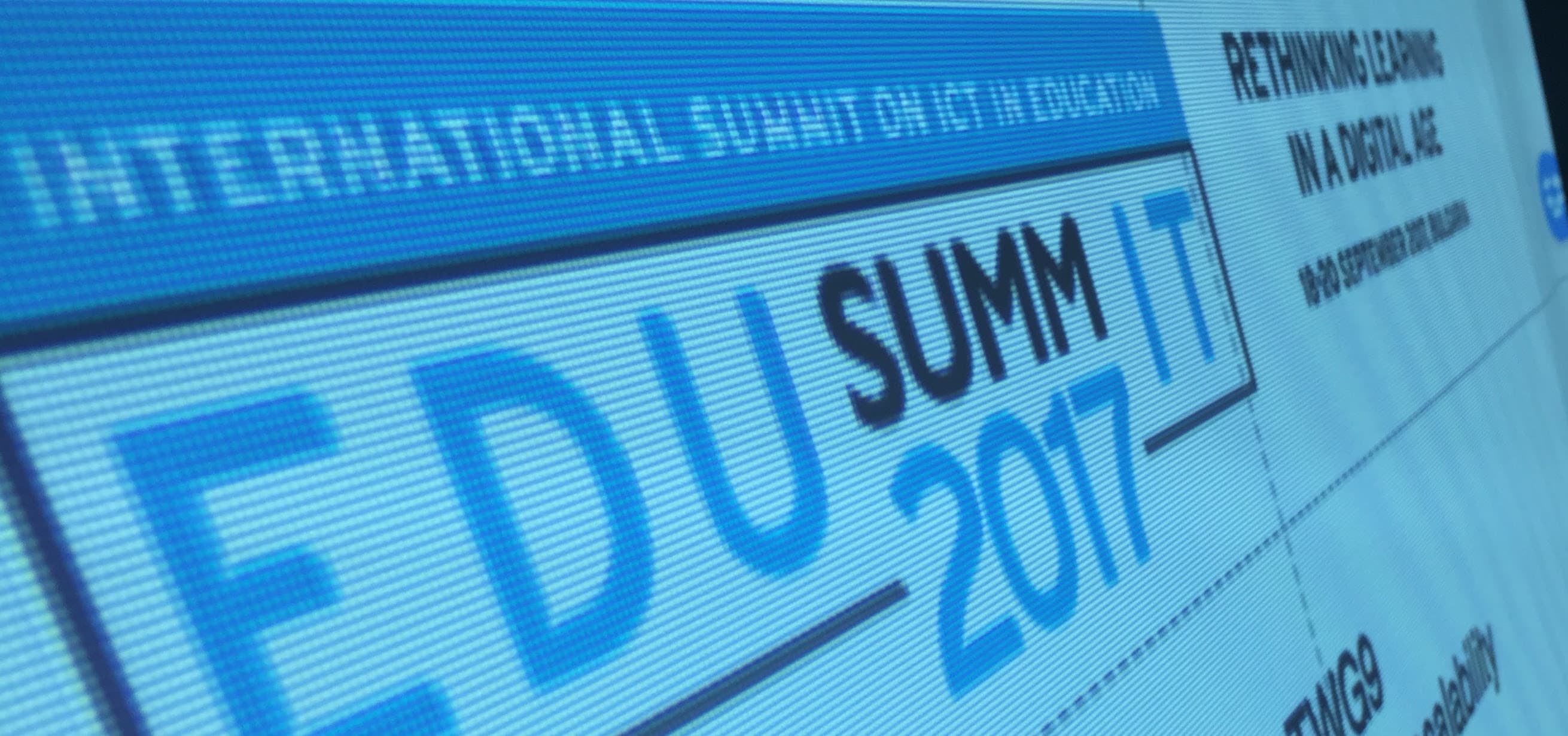Elizabeth Helfant over at Digital Learning Environments Blog has an interesting posting titled The Pancake principle. She makes a connection between technology integration and making pancakes, and offers three tenets of the Pancake principle. This posting is inspired by her posting and tries to take the analogy between cooking and teaching a bit further.
The first tenet that Elizabeth puts forth is, and I quote:
Risk-taking and doing things for the first time are like making pancakes. You have to remember that the first one is never going to turn out right but the ones after that are usually awesome. The fact that the first one fails does not deter us from making pancakes.
The second is (and this is where the TPACK framework comes in):
The basic batter is the same, but you can always tweak it.
I loved this tenet because it has been on my mind quite a bit recently while working on a paper that we recently submitted to Tech Trends (the flagship journal of AECT). This piece, co-authored with Matt Koehler (no surprise there) and Kristin Kereluik is titled (connecting really well with Elizabeth’s second tenet) is The song remains the same: Looking back to the future of Educational Technology.
The third tenet that Elizabeth presents is
Pancakes come in a wide variety.
This is actually something we wrote about quite recently in our piece published in Learning & Leading with technology (Too cool for school: Using the TPACK framework).
As you can see, I loved the analogy being made between cooking pancakes and technology integration. In fact I have been guilty of making a similar analogy as well – not necessarily to the specific task of cooking pancakes and technology integration but rather to the more general task of cooking as being analogous to teaching.
Of course the three tenets Elizabeth points to are there but there is one more I would like to point to. And this has to do with the difference between good cooks and those that can just make do (I am more of the latter than the former). The way I usually speak of this is by distinguishing between algorithms and heuristics. So a bit of a digression may be in order.
An algorithm is defined as a step-by-step procedure that has well-defined starting and ending points and is guaranteed to find a solution. A classic example (in the realm of cooking) is a recipe. Start with a set of ingredients, follow the steps blindly, and at the end of it you will have a dish ready to eat.
In contrast, heuristics are less stringent. They are like thumb rules or guidelines, which if followed, should result in a good solution. In the domain of cooking this means a more creative approach based on guidelines and broad rules of thumb. So good cooks are not slaves to the recipe. If they don’t have a certain ingredient that the recipe requires they don’t give up (which is my typical response, which explains why I am not a good cook). Good cooks improvise and through that they push the boundaries of what the dish can be. So in some sense what they come up with more than what they started to create.
So this understanding of heuristics is at the heart of good cooking (and good teaching – to bring the analogy full circle). Good cooks, and teachers, understand that there is no one perfect solution, but rather lots of good ones. There are no best practices, just lots of pretty good practices (I had written earlier about this idea of Best practice v.s. Pretty Good Practice).
Good cooks and teachers understand that failure IS an option, and that’s ok. It is only through failure that we learn.
Clearly these same ideas apply to technology integration as well. What this analogy between cooking and teaching does is emphasize the value of creativity and risk-taking even while under-emphasizing following rules or recipes blindly. There is an art to cooking and teaching – and it is time we gave some value to that. It is only in this manner that we can truly take advantage of the potentials of these new technologies.



Wonderful to see such an example. I recently came across an interview with a college professor who uses cooking methods and principals as a teaching tool for presenting advanced chemical engineering concepts. Interesting!